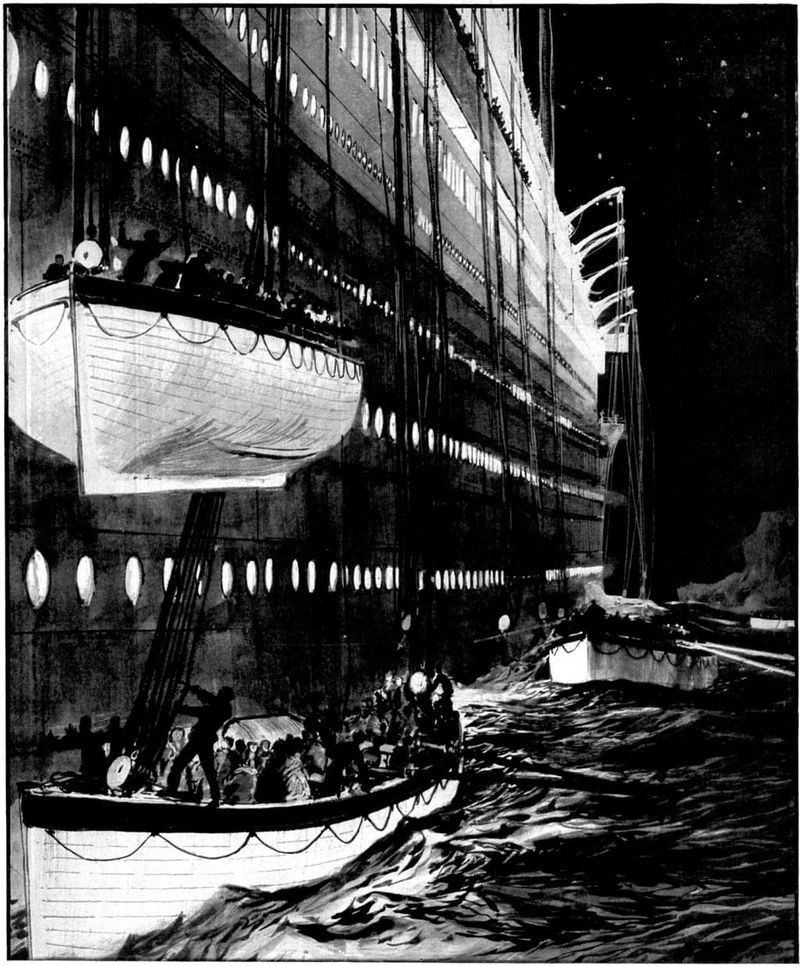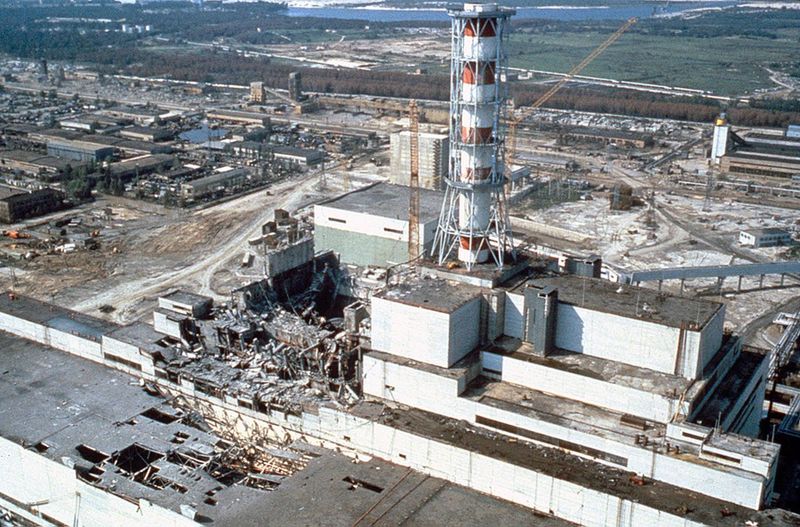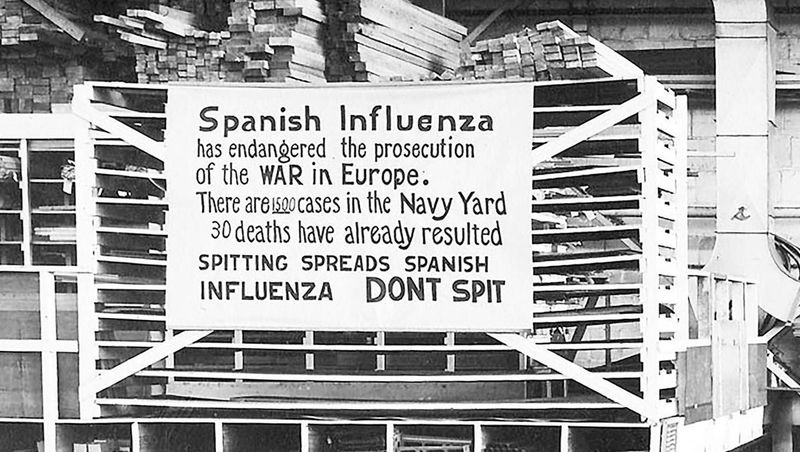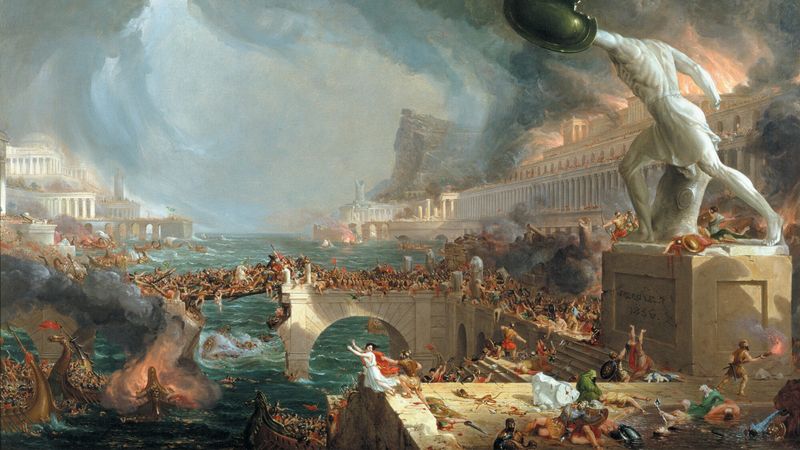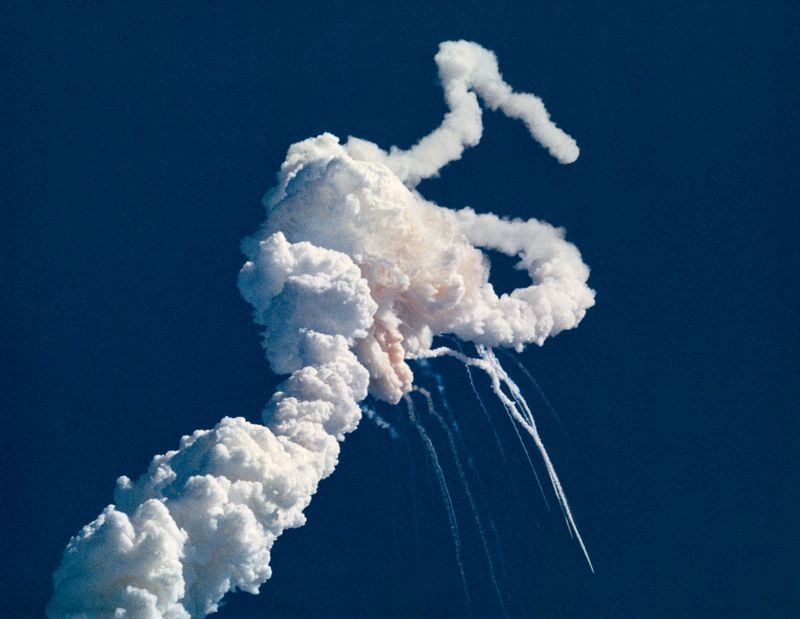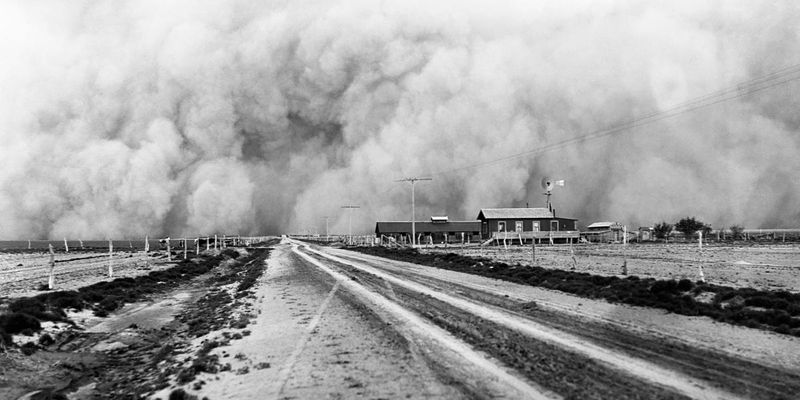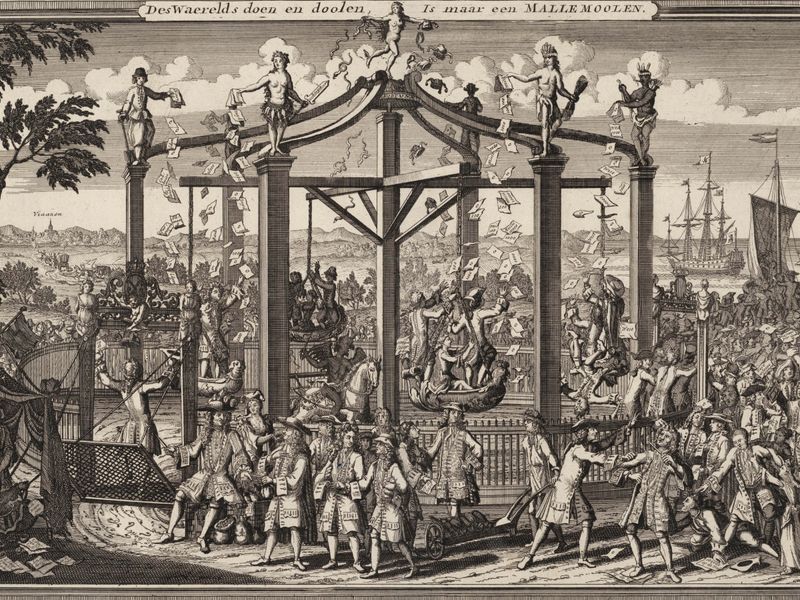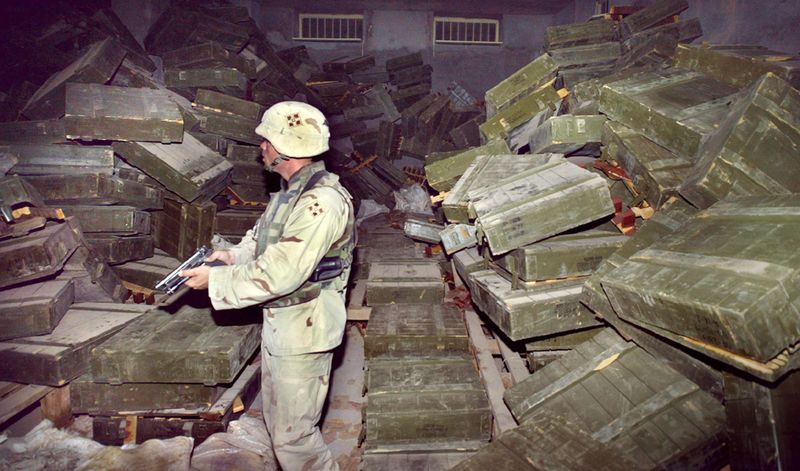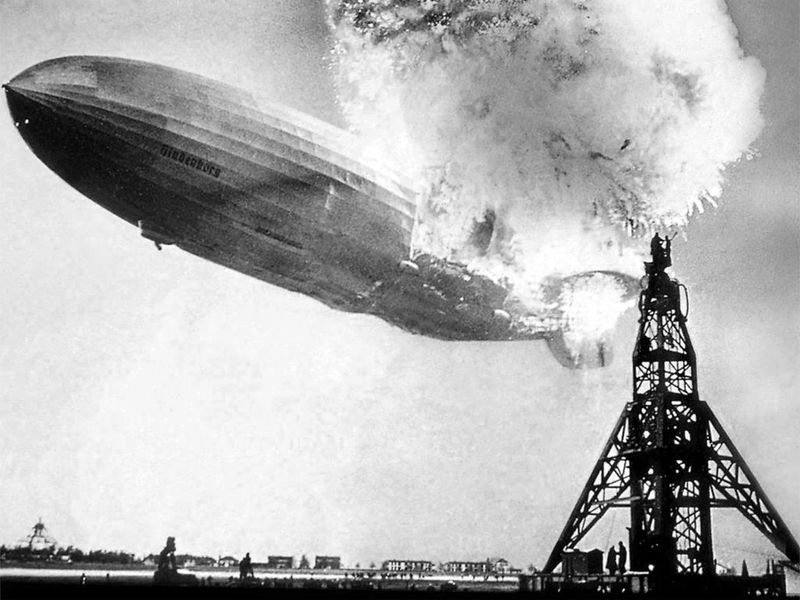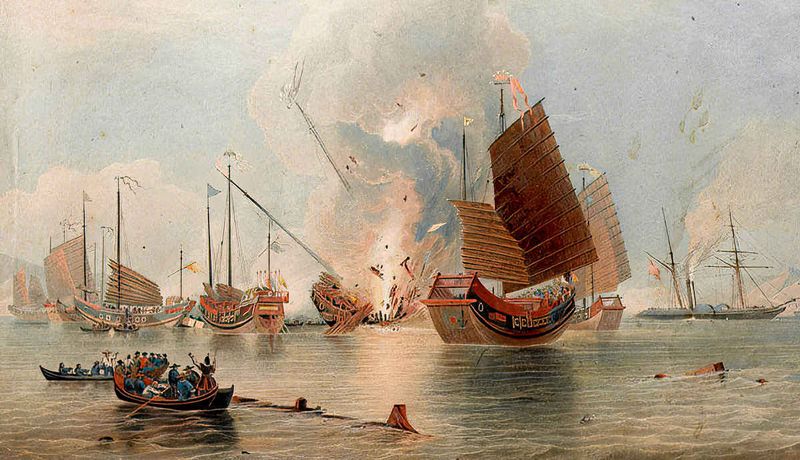Throughout history, warnings have often gone unheeded, leading to catastrophic outcomes. This article delves into 17 such instances where ignorance led to significant consequences. From the tragic sinking of the Titanic to the recent challenges posed by the COVID-19 pandemic, these events serve as stark reminders of the cost of neglecting cautionary advice.
1. The Titanic’s “Unsinkable” Hubris (1912)
In an era brimming with optimism, the Titanic was hailed as unsinkable. This belief led to the decision to minimize lifeboat capacity, prioritizing deck space for leisure. As it embarked on its maiden voyage, the ship carried only enough lifeboats for half its passengers. When tragedy struck, the glaring oversight resulted in the unnecessary loss of over 1,500 lives. The hubris of believing in the ship’s invincibility overshadowed the importance of preparation. Today, the Titanic’s story is a cautionary tale of overconfidence and the perils of ignoring practical safety measures.
2. The Great Depression (1929) – Speculative Bubbles
The roaring 1920s were fueled by an intoxicating belief in endless prosperity. Driven by speculative investments and rampant margin buying, the stock market soared. Despite warnings from past financial crises, caution was cast aside, and the bubble inevitably burst. What followed was a global economic collapse, with unemployment rates soaring to 25%. The overconfidence in an unending upward trajectory of stocks resulted in severe consequences. The Great Depression remains a stark lesson in financial prudence and the dangers of speculative bubbles.
3. Chernobyl (1986) – Soviet Arrogance
In the heart of the Soviet Union, a disaster unfolded that could have been prevented. Engineers were aware of the reactor’s design flaws, but a culture of arrogance and disregard for safety prevailed. During a safety test, corners were cut, leading to a catastrophic explosion. This calamity exposed thousands to radiation and resulted in numerous deaths. The disaster stands as a chilling reminder of the dangers of ignoring scientific warnings and the importance of rigorous safety protocols. Chernobyl’s legacy is a testament to the need for humility in the face of technological power.
4. The 1918 Flu Pandemic – “Just a Cold”
As WWI drew to a close, a deadly influenza swept across the globe. Despite early signs of its lethality, governments downplayed the threat, branding it as just a cold. Public gatherings continued unabated, allowing the virus to spread uncontrollably. The result was a devastating pandemic that claimed 50 to 100 million lives—far exceeding the death toll of the war. This tragedy highlighted the lethal consequences of underestimating health threats. The 1918 flu serves as a grim reminder of the importance of timely and decisive public health interventions.
5. The Fall of Rome – Corruption & Overextension
Once a symbol of strength, Rome’s empire crumbled under the weight of its own excesses. Overextended and riddled with corruption, its leaders indulged in ‘bread and circuses’ while ignoring mounting threats. Despite warnings from within, complacency prevailed, and the empire’s defenses weakened. In 410 AD, Rome faced the unimaginable: its sack by invading barbarians. The fall of Rome underscores the dangers of ignoring internal decay and external threats. It serves as a historical lesson on the consequences of unchecked power and the need for vigilant leadership.
6. The 2008 Housing Crash – “Subprime is Fine!”
The mid-2000s saw a housing boom fueled by the sale of subprime mortgages. Despite warnings about the inherent risks, financial institutions continued to push these toxic loans. The belief that real estate prices would perpetually rise blinded many to the impending crisis. When the bubble burst, the global economy was thrown into turmoil, with millions losing their homes. The 2008 crash serves as a poignant reminder of the dangers of ignoring economic warnings and the need for responsible financial practices. It highlights the peril of prioritizing short-term gains over long-term stability.
7. The Challenger Disaster (1986) – O-Ring Warnings
On a cold January morning, the Challenger shuttle stood poised for launch. Engineers had voiced concerns about the O-rings’ ability to withstand low temperatures. However, in the race to meet deadlines, these warnings were tragically overlooked. The shuttle broke apart shortly after liftoff, claiming the lives of seven astronauts. This disaster underscored the high cost of prioritizing schedules over safety. It serves as a somber reminder of the need to heed expert advice, particularly when lives are at stake. The Challenger incident remains a stark lesson in the importance of caution and responsibility.
8. The Dust Bowl (1930s) – Farming Like There’s No Tomorrow
In the 1930s, the Great Plains were transformed into a barren landscape due to unsustainable farming practices. Ignoring warnings from soil scientists, farmers plowed the land excessively in pursuit of quick profits. As the rains ceased and winds picked up, the topsoil was carried away, creating devastating dust storms. The environmental disaster forced mass migrations and economic hardships. The Dust Bowl remains a powerful lesson in environmental stewardship and the consequences of neglecting sustainable practices. It highlights the importance of balancing immediate needs with long-term environmental health.
9. The South Sea Bubble (1720) – Crypto of the 1700s
In the early 18th century, the South Sea Company captivated investors with promises of untold wealth. Despite clear signs of financial instability, the allure of quick riches prevailed. Shares soared, fueled by speculation and greed, until the inevitable collapse. The ensuing economic ruin affected thousands, including renowned scientist Isaac Newton. This historical bubble serves as a cautionary tale about the dangers of speculation and the risks of investing in overhyped ventures. It underscores the importance of due diligence and the perils of financial mania.
10. Prohibition (1920-33) – Banning Booze
The 1920s saw the United States experiment with Prohibition, banning the sale of alcohol. Despite a history of failed temperance movements, the law was enacted with high hopes of societal improvement. However, it quickly gave rise to organized crime and illegal speakeasies, undermining its intended goals. The era became synonymous with gang violence and corruption. Prohibition’s failure highlights the challenges of imposing moral legislation without public support. It serves as a lesson in the complexities of social change and the unintended consequences of well-intentioned policies.
11. The 2003 Iraq War – “They Have WMDs!”
In 2003, the invasion of Iraq was justified by claims of weapons of mass destruction (WMDs). Despite UN inspectors finding no evidence, the coalition proceeded with military action. The subsequent war led to a prolonged conflict, significant loss of life, and regional instability. The absence of WMDs revealed the flawed intelligence and decision-making that drove the invasion. The Iraq War serves as a stark reminder of the consequences of acting on unverified information and the importance of diplomacy. It underscores the need for careful consideration before engaging in military interventions.
12. The Hindenburg (1937) – Hydrogen is Flammable
In the 1930s, airships symbolized the future of travel, with the Hindenburg leading the way. Despite knowing hydrogen’s flammability, economic pressures led to its continued use. During a routine landing, disaster struck as the airship caught fire, resulting in a spectacular tragedy. The incident underscored the dangers of prioritizing cost over safety. The Hindenburg disaster became a turning point in aviation history, highlighting the importance of using safe materials and heeding safety warnings. It remains a powerful lesson in the responsibilities of technological advancement.
13. The 1920s Eugenics Movement – “Science” of Racism
In the early 20th century, eugenics gained traction as a science-backed movement to improve the human race. Prominent figures advocated for forced sterilization to weed out ‘undesirable’ traits. Despite ethical objections, the movement found support and led to countless human rights abuses. The pseudoscience inspired policies that echoed in Nazi Germany’s atrocities. The eugenics movement is a chilling reminder of the dangers of misusing science to justify prejudice. It highlights the need for ethical considerations in scientific endeavors and the profound impact of discriminatory ideologies.
14. The 1994 Rwanda Genocide – Ignored Intel
In the lead-up to the 1994 genocide, intelligence warned of impending violence in Rwanda. Hutu extremists were arming themselves, yet international intervention was lacking. As tensions escalated, the world stood by, and within 100 days, 800,000 people were slaughtered. The genocide highlighted the catastrophic consequences of ignoring early warnings and failing to act. It remains a somber lesson in the responsibility of the international community to prevent atrocities. The Rwanda genocide underscores the importance of proactive measures in averting humanitarian crises.
15. The Opium Wars (1839) – Addiction as a Weapon
In the 19th century, Britain engaged in the opium trade with China, aware of its destructive impact. The addiction crisis weakened Chinese society, yet profit motives prevailed. When China resisted, Britain waged war to continue the trade, resulting in two devastating conflicts. The Opium Wars underscore the moral complexities of exploiting addiction for economic gain. They serve as a historical lesson on the consequences of prioritizing profit over ethics. The wars highlight the need for responsible international trade practices and the dangers of using commerce as a weapon.
16. The 2020 COVID Slow Response – “It’s Just a Flu”
In early 2020, reports of a novel coronavirus emerged, but initial responses were sluggish. Many dismissed it as another flu, delaying critical measures. As the virus spread, the world faced unprecedented challenges, with health systems strained and millions losing their lives. The pandemic highlighted the importance of swift and decisive action in the face of emerging health threats. It serves as a contemporary reminder of the cost of complacency and the need for preparedness. The COVID-19 crisis underscores the ongoing importance of global cooperation in addressing pandemics.
17. Deforestation of Easter Island – “We Need More Moai!”
On Easter Island, the pursuit of monumental Moai statues led to an ecological collapse. As trees were felled for transportation, the island’s ecosystem deteriorated. Despite signs of environmental strain, the carving continued. Eventually, deforestation led to soil erosion, food shortages, and societal collapse. The fate of Easter Island serves as a stark warning of the consequences of environmental neglect. It highlights the delicate balance between cultural achievements and ecological sustainability. The island’s history is a poignant reminder of the need for sustainable resource management.

